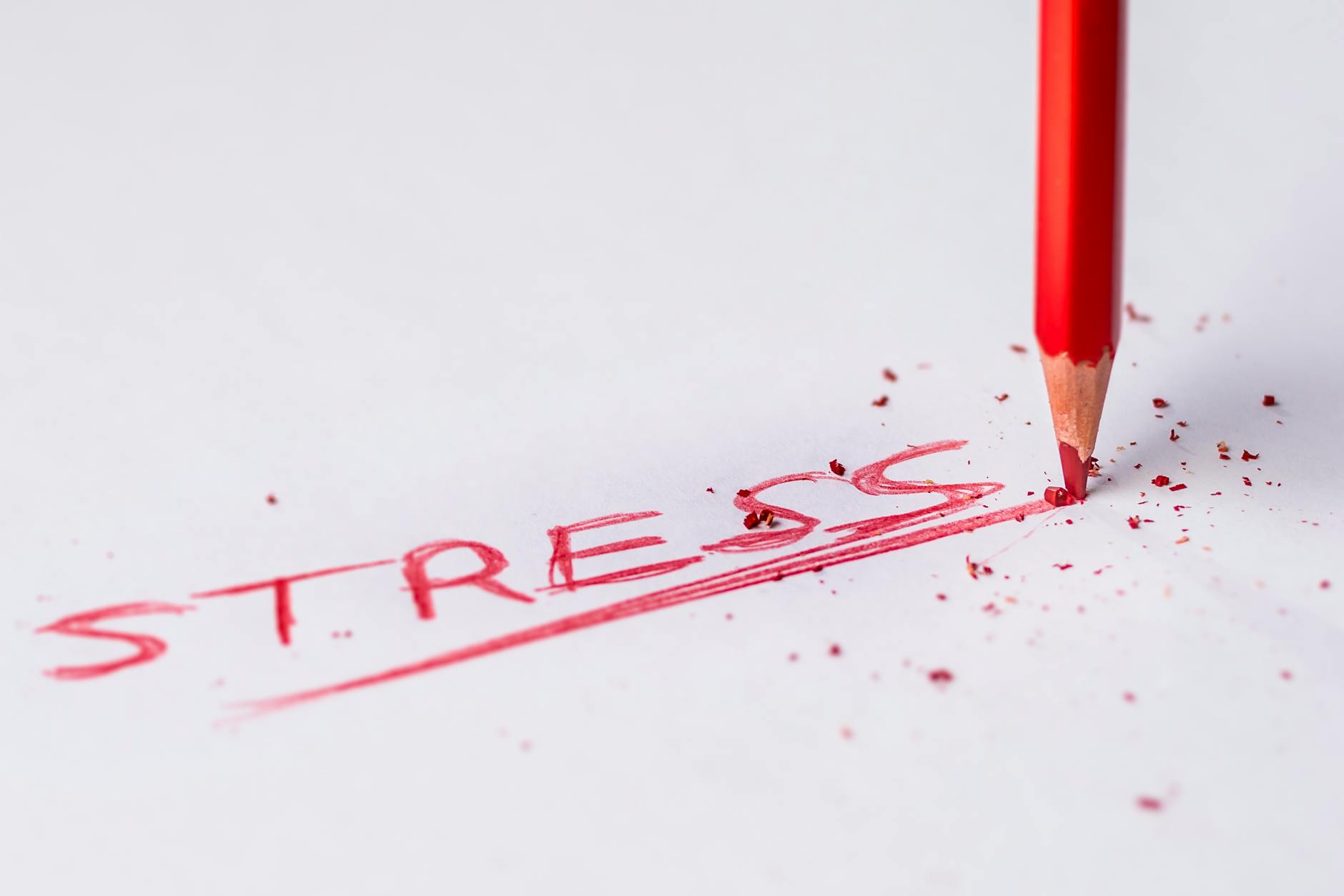
Mastering Stress Management Through Emotional Intelligence

Introduction
Stress is a normal part of life that everyone goes through, and it affects how we feel, our health, and our overall well-being. It can come from different places, like work, relationships, and personal issues. Managing stress well is key to staying balanced and happy.
That’s where emotional intelligence matters. When we understand and manage our emotions, we can handle stress better. Getting a handle on emotional intelligence helps us deal with life’s challenges more confidently and resiliently, turning stress into a chance to grow.
Understanding Stress
Stress is a normal reaction to the challenges and demands we face in life. It can be caused by different things like work stress, relationship problems, money worries, or big changes in life. When we feel stressed, it triggers our body’s fight-or-flight response, which can be useful for a little while. But long-term stress can cause serious physical and mental health problems, like anxiety, depression, and heart disease.
It’s important to recognize the signs of stress. You might feel irritable, tired, have headaches, and find it hard to concentrate.
Great news! You can handle stress really well. Building emotional intelligence helps you understand your feelings and reactions better, so you can handle stress in healthier ways. Taking on this journey can help you take charge of your well-being and live a more balanced life.
Keep in mind that you can learn and get better at managing stress over time.
The Role of Emotional Intelligence
Emotional intelligence (EI) is about recognizing and handling your feelings and the feelings of those around you. It has five main parts. Self-awareness means understanding your own emotions and how they influence your thoughts and actions. Being aware of this helps you identify what triggers your stress.
Self-regulation means managing your emotions and impulses so you can stay calm under stress instead of reacting without thinking. Third, motivation is about your drive to reach your goals and keep a positive attitude, even when things get tough.
Fourth, empathy means understanding and sharing how others feel, and it can really improve your relationships and support networks. In the end, social skills are all about being able to communicate well and connect with others.
By working on these parts of emotional intelligence, you can better manage stress and enjoy a more balanced and fulfilling life. Take this journey to boost your confidence and enhance your emotional health.
Self-Awareness in Stress Management
Being self-aware really helps you manage stress. By noticing your emotions, you can understand what causes your stress. This insight helps you spot patterns in how you react. For instance, being overwhelmed at work might come from not being organized or not having enough support. Identifying these triggers lets you take action to deal with them.
Knowing how you feel helps you respond instead of just reacting. Instead of snapping at a coworker, take a moment to respond in a more positive way. This change not only makes your interactions better but also helps lower your stress.
Don’t forget, you can work on becoming more self-aware. Take a moment to think about how you feel and how you react. Journaling or practicing mindfulness can really help improve this skill.
The better you know yourself, the easier it is to handle stress and succeed in tough situations. Enjoy the journey to becoming more emotionally intelligent!
Self-Regulation Techniques
Controlling your emotions is essential for handling stress. A great way to be more focused is to practice mindfulness. This practice helps you focus on the moment and notice your thoughts without judging them. It helps you feel more clear-headed and less anxious.
Breathing exercises are a great way to help. Breathing deeply and slowly can help calm you down and reduce stress. Breathe in for four counts, hold it for four, and then breathe out for four. This easy technique can really help when you’re feeling pressure.
Cognitive reframing is important too. This means looking at the situation differently. Instead of feeling overwhelmed by a challenge, think of it as a chance to grow. This change in how you see things can help you take action instead of feeling stuck.
Add these techniques to your daily routine to boost your resilience and emotional intelligence. Keep in mind that managing stress begins with taking small, easy steps.
Motivation and Stress Resilience
Motivation is key to handling stress well. When we connect with our inner motivation, we gain the strength to tackle challenges directly. This inner drive keeps us positive, even when things get tough. When we focus on what really inspires us, we can change our perspective and feel less overwhelmed.
Emotional intelligence helps us recognize and understand our feelings, which is essential for being resilient. When we recognize our feelings, we can handle stress better. Being aware of this helps us make choices that match our values and goals, giving us a sense of control.
Keep in mind that stress is a normal part of life, but we can control how we handle it. By building our motivation and emotional intelligence, we give ourselves the confidence to handle life’s challenges. Enjoy this journey and see how much stronger you become.
Empathy and Social Support
Empathy and social support are great ways to handle stress. When you get what others are feeling, you can create stronger, more supportive relationships. This understanding makes it a comfortable place where people feel appreciated and listened to. These connections can help reduce stress and anxiety. When you practice empathy, you help others and also build your own emotional strength.
When you really listen and respond to how someone feels, it builds trust and creates a space for both of you to support each other. Sharing emotions with each other can make tough times easier. Keep in mind that everyone deals with stress, and having a solid support system really helps.
Talk to the people around you, share how you feel, and invite them to do the same. When you build empathy, you help yourself and the people you care about handle stress together, making things a bit easier for everyone.
Building Social Skills for Stress Management
Developing social skills is key to managing stress effectively. Good communication helps you express your feelings and needs more clearly.
Begin by really listening to others; it shows you care about what they think. Having open conversations builds trust and strengthens relationships, which helps create a strong support network.
Think about joining groups or clubs that match your interests. This helps you meet new people and connect with others who share your interests.
Don’t hesitate to ask for help if you need it. Talking about your experiences can help ease your emotional burden.
Also, pay attention to nonverbal signals like body language and eye contact since they are important in communication. By improving these skills, you help yourself and the people around you.
Strong relationships can help reduce stress and make it easier to handle life’s challenges. Focus on building connections; it’s an important step in managing stress with emotional intelligence.
Conclusion
To sum it up, learning to manage stress with emotional intelligence is an important journey. Understanding your emotions helps you respond to stress instead of just reacting. Building empathy strengthens your relationships and helps you create a support system when times get tough.
Practicing self-control helps you stay calm and clear-headed during chaos. Keep in mind that small steps can lead to big changes. Focusing on being aware of your emotions and building resilience helps you handle stress better. Embrace this journey, and you’ll see your life change for the better.
If you’re eager to learn more, be sure to check out these sources:
Source 1: Mindfulness for Stress Relief: A Path to Inner Peace
Source 2: Explore more about stress management
